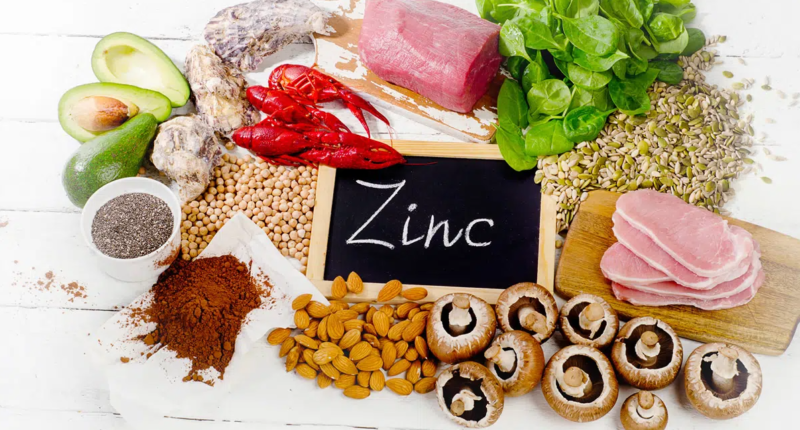Zinc is an essential trace mineral that plays a crucial role in numerous bodily functions, including immune support. Although it is required in small amounts, zinc is vital for maintaining a strong immune system and promoting overall health. This mineral is involved in the development and activation of immune cells, and a deficiency in zinc can lead to a weakened immune response, making the body more susceptible to infections and illnesses. In this blog, we will explore the significant role of zinc in immune function and how to ensure you are getting enough of this essential nutrient.
Zinc and Immune Function
Zinc is known to have a direct impact on the immune system. It is involved in the production of white blood cells, which are responsible for defending the body against harmful pathogens, such as bacteria, viruses, and fungi. Zinc also helps regulate the activity of various immune cells, including T-cells, neutrophils, and macrophages. These cells play a critical role in recognizing and neutralizing foreign invaders. Moreover, zinc supports the production of antibodies, which help the body remember and respond to pathogens that it has encountered before. As a result, zinc contributes to innate and adaptive immunity, ensuring a robust defence system.
Zinc Deficiency and Immune Weakness
A zinc deficiency can significantly impair the immune system’s ability to function properly. People who are zinc deficient are more susceptible to infections and may experience longer recovery times from illnesses. Zinc deficiency can lead to a decrease in the number and activity of immune cells, which weakens the body’s ability to fight off infections. Symptoms of zinc deficiency may include frequent colds, slow wound healing, hair loss, poor appetite, and an increased risk of respiratory infections. Additionally, deficiencies in zinc have been linked to conditions such as pneumonia, diarrhoea, and even age-related immune decline.
How Zinc Boosts Immunity

Zinc helps strengthen the immune system in several ways. It aids in the production and function of key immune cells, as mentioned earlier, and helps prevent oxidative stress by acting as an antioxidant. Oxidative stress occurs when there is an imbalance between free radicals and antioxidants in the body, leading to inflammation and tissue damage. Zinc’s antioxidant properties help reduce this damage and support a healthy immune response. Furthermore, zinc has antimicrobial properties that help combat infections by directly inhibiting the replication of certain pathogens, including viruses.
In addition to its immune-boosting properties, zinc plays a role in modulating inflammation. Chronic inflammation is linked to various health issues, including autoimmune diseases, heart disease, and diabetes. Zinc helps regulate inflammation by influencing the production of pro-inflammatory cytokines, ensuring that the immune response remains balanced and does not become excessive. This anti-inflammatory effect further contributes to overall immune health.
Sources of Zinc
To support a strong immune system, it is essential to consume enough zinc in your diet. Zinc is found in a variety of foods, both animal and plant-based. Some of the best sources of zinc include shellfish, red meat, poultry, beans, nuts, seeds, and whole grains. Vegetarian sources of zinc include legumes, lentils, chickpeas, and fortified cereals. Dairy products and eggs also contain moderate amounts of zinc. Zinc from animal-based foods is more easily absorbed by the body than from plant-based sources, so individuals following a vegetarian or vegan diet may need to consume higher amounts of zinc-rich foods or consider supplementation.
Zinc Supplementation
In some cases, it may be necessary to take zinc supplements to meet daily requirements. Zinc supplements are available in various forms, including zinc gluconate, zinc acetate, and zinc sulfate. While supplements can be helpful for those who are deficient or at risk of deficiency, it is essential to consult a healthcare provider before starting supplementation, as excessive zinc intake can lead to side effects such as nausea, vomiting, and interference with the absorption of other essential minerals, such as copper.
Conclusion
Zinc is an essential nutrient that plays a significant role in immune support. It is involved in the development and activation of immune cells, the production of antibodies, and the regulation of inflammation. A zinc deficiency can lead to weakened immune function, making the body more vulnerable to infections. Ensuring adequate zinc intake through a balanced diet or supplements can help maintain a healthy immune system and promote overall well-being. By understanding the importance of zinc in immune support, you can take proactive steps to boost your immunity and protect your health.









